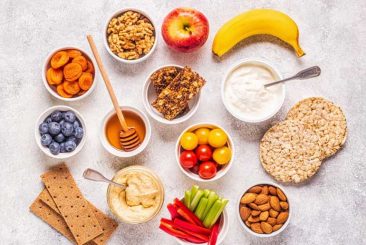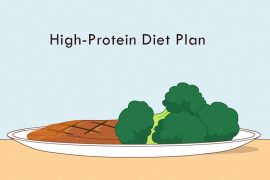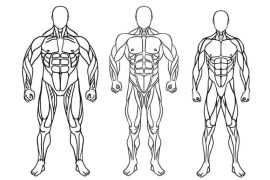A healthy office diet is essential for maintaining well-being and productivity at work. It involves making conscious choices about the foods and beverages consumed during the workday. A balanced office diet includes a variety of nutrient-rich foods such as lean proteins, whole grains, fruits, and vegetables while minimizing processed foods, sugary snacks, and high-fat items. Portion control is crucial to prevent overeating, and using smaller plates and containers can help maintain appropriate portion sizes and avoid mindless snacking.
Hydration is a fundamental aspect of a healthy office diet. Staying adequately hydrated is vital for maintaining focus and energy levels. Keeping a reusable water bottle at your desk can encourage regular water intake, while excessive caffeine consumption should be avoided to prevent energy crashes. Healthy snacking is a key component as well, with options like nuts, yogurt, and fresh vegetables with hummus providing sustained energy and preventing the energy slumps associated with unhealthy snacks.
Skipping meals, particularly breakfast, should be avoided as it can lead to decreased concentration and productivity. Mindful eating practices, such as savoring each bite and paying attention to hunger and fullness cues, foster a healthier relationship with food. Creating a supportive office environment by encouraging healthy eating among colleagues, organizing nutritious potlucks, and reducing the availability of sugary treats in common areas can promote better dietary choices. In addition, meal planning and preparation, such as batch cooking and meal prepping, can save time and ensure access to wholesome meals during busy workdays. Overall, a healthy office diet contributes not only to personal well-being but also to increased energy levels, better concentration, and improved productivity, enhancing overall work performance.
Maintaining a healthy diet during office hours is essential for both your well-being and productivity. Here are some valuable tips to help you stay on track:
1. Stay Hydrated:

Kickstart your day with a glass of water and aim to continue sipping water throughout the day. Proper hydration aids in digestion, helps control appetite, and keeps you energized.
2. Choose Healthy Snacks:

Ditch the unhealthy snacks and opt for nutritious alternatives. Keep a small box of healthy options like a mix of almonds, dates, and raisins at your desk. These snacks provide protein, fiber, and essential nutrients to keep you satisfied.
3. Limit Caffeine:

While a cup of coffee or tea can offer a quick energy boost, excessive caffeine consumption can lead to hyperacidity and jitters. Consider switching to healthier alternatives like herbal teas or fresh fruit juices.
4. Pack a Balanced Lunch:

Whenever possible, prepare your lunch at home. Ensure it includes a variety of foods from different food groups, such as lean proteins, whole grains, vegetables, and fruits. This balanced meal will provide sustained energy throughout the day.
5. Healthy Cravings:’

When you have snack cravings, opt for healthier choices. Carry small packets of flavored Makhana (fox nuts) or protein bars. These options are low in unhealthy fats and sugars, allowing you to satisfy your cravings without derailing your diet.
Remember, maintaining a healthy diet during office hours is all about making mindful choices and planning ahead. By staying hydrated, snacking wisely, and enjoying a balanced lunch, you’ll not only boost your productivity but also promote your overall health and well-being.
Disclaimer:
The information contained in this article is for educational and informational purposes only and is not intended as a health advice. We would ask you to consult a qualified professional or medical expert to gain additional knowledge before you choose to consume any product or perform any exercise.









